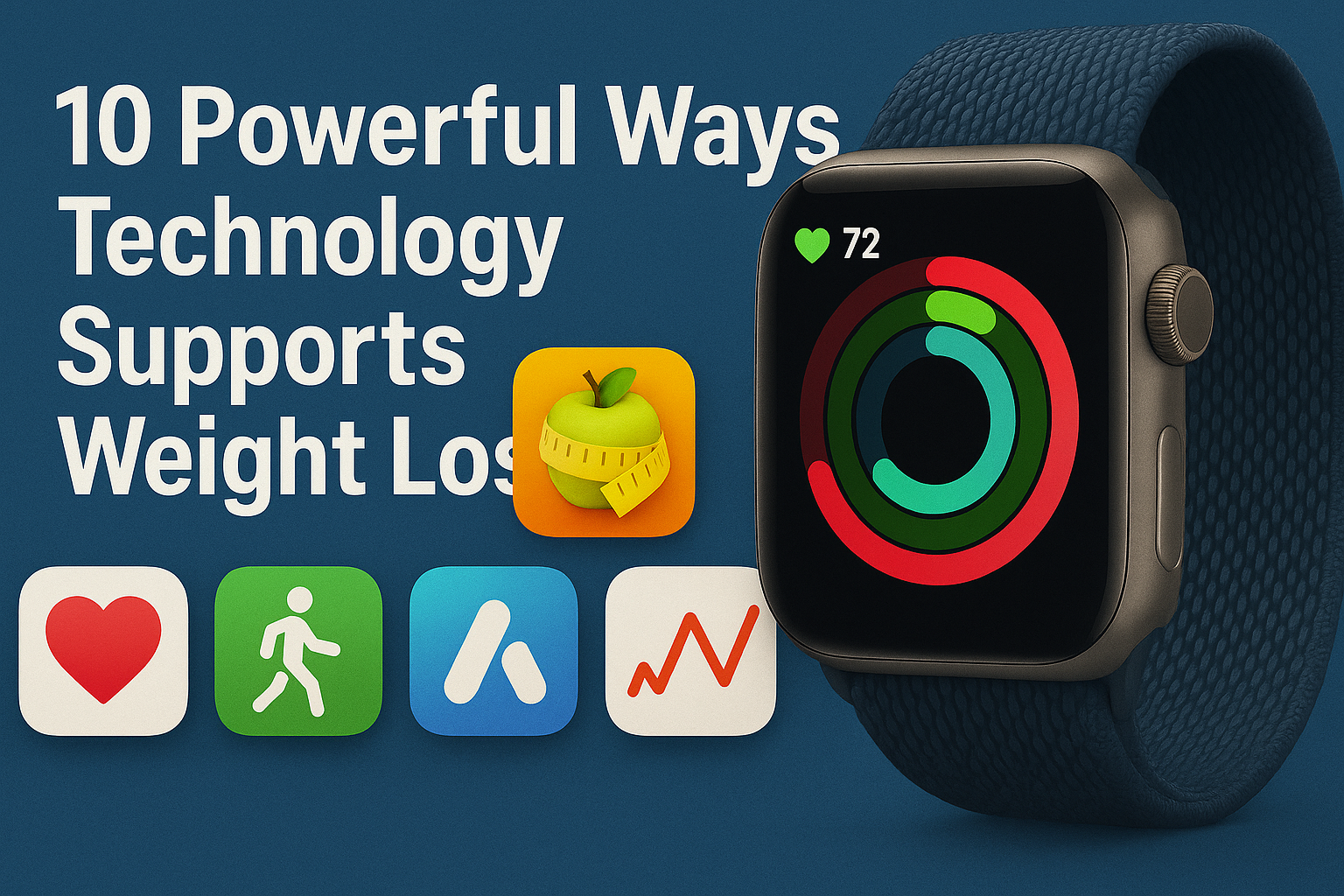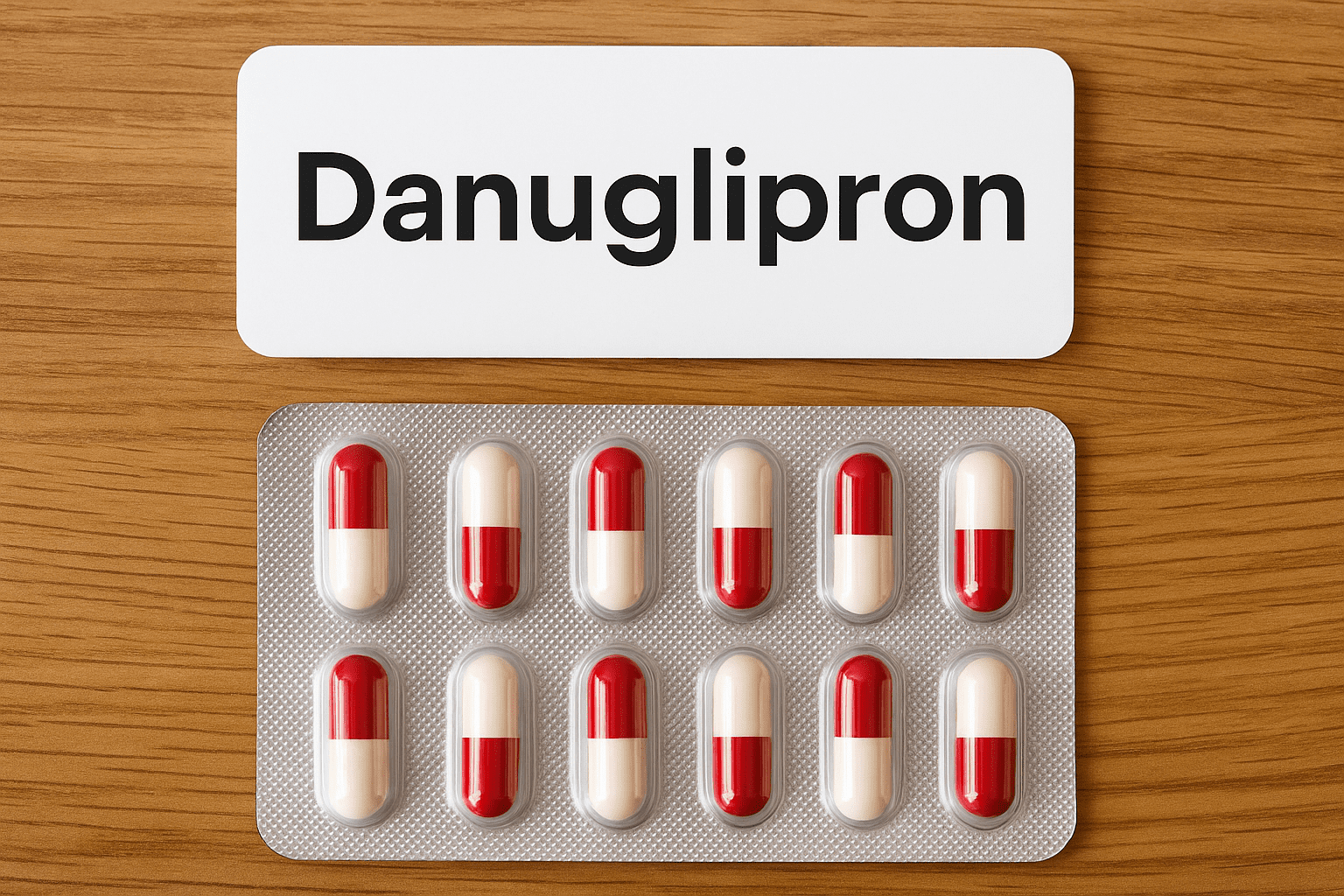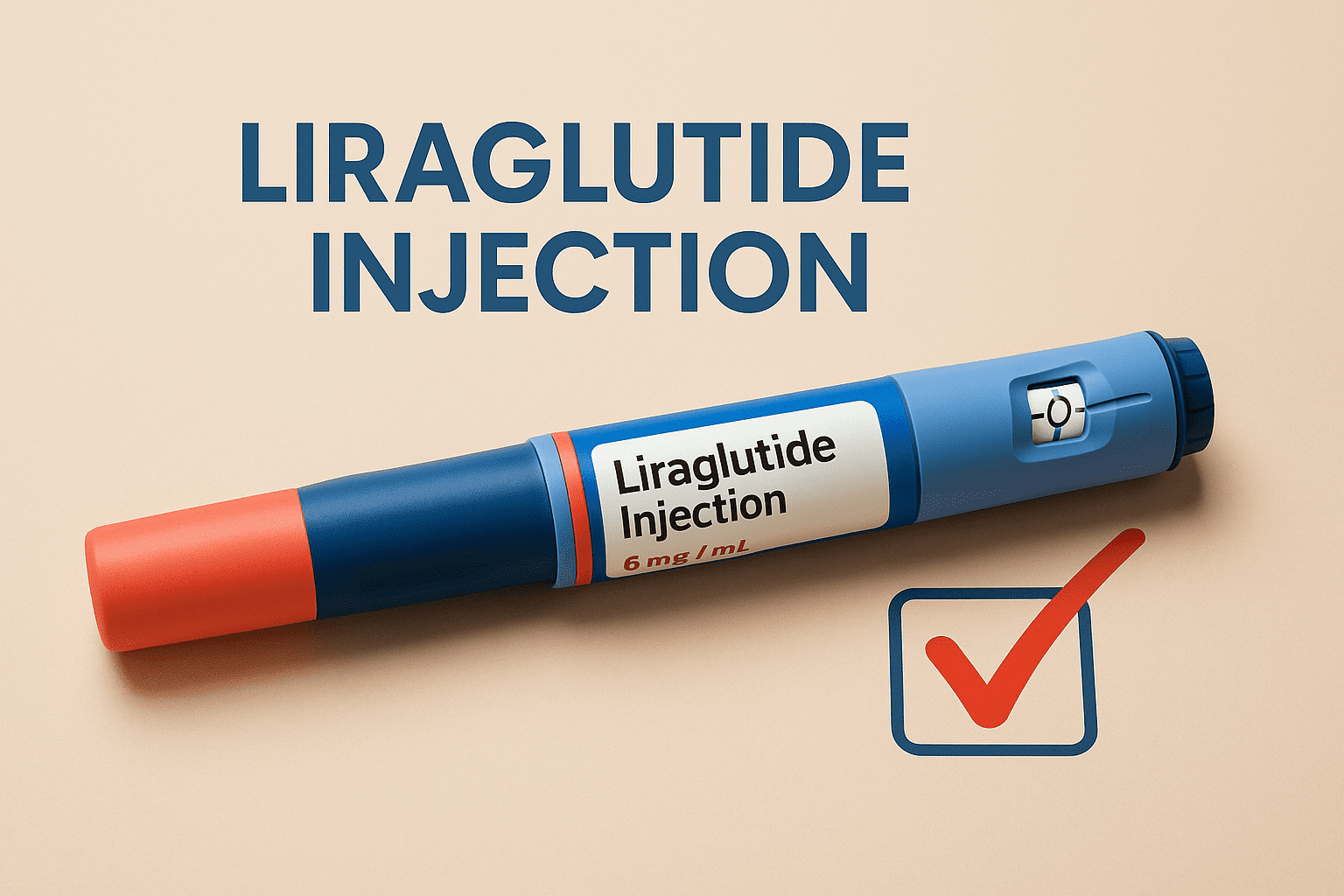Artificial Intelligence (AI) is transforming healthcare—and it’s now playing a critical role in tackling one of the world’s most pressing public health challenges: obesity. From personalized meal plans to predictive risk modeling, AI offers scalable, data-driven solutions that empower both individuals and healthcare systems to manage and reduce obesity more effectively.
Here’s how AI can help reduce obesity—practically, personally, and systemically:
1. Personalized Nutrition & Meal Planning
AI can analyze your age, weight, preferences, metabolic data, and even your gut microbiome to build highly customized meal plans.
- Example: Apps like Lumen or ZOE use AI to assess metabolic flexibility and food responses, guiding users toward better choices.
- Benefit: Avoids one-size-fits-all diets and targets what works for you.
2. Intelligent Fitness Coaching
AI-powered fitness apps and wearables provide adaptive exercise recommendations based on your activity, weight loss rate, heart rate, and more.
- Example: Apple Fitness+, WHOOP, and Fitbit use AI to deliver dynamic workout suggestions.
- Benefit: Keeps users engaged and reduces the guesswork around physical activity.
3. Behavioral Nudging & Habit Formation
Using pattern recognition and behavioral science, AI tools can detect when you’re likely to overeat, skip exercise, or relapse—and intervene in real time.
- Example: Chatbots like Woebot Health or nudging systems in MyFitnessPal.
- Benefit: Encourages micro-decisions that lead to long-term change.
4. Early Risk Detection and Prediction
AI can process genetic data, family history, and early life markers to identify children or adults at high risk of obesity—before it fully develops.
- Example: AI in pediatric EHR systems flag rapid weight gain patterns early.
- Benefit: Enables preventive interventions, not just reactive treatment.
5. Smart Grocery & Eating Assistants
AI-based apps can scan your pantry, recommend healthier swaps, or guide your grocery shopping habits using real-time feedback.
- Example: Apps like ShopWell and Yuka rate food products based on your health goals.
- Benefit: Makes smart eating easier in everyday life.
6. Population-Level Analytics for Policymakers
Public health authorities can use AI to track obesity trends, map food deserts, and simulate the impact of policies like sugar taxes or school lunch changes.
- Example: AI models can estimate how access to parks or subsidies for fresh food could impact obesity in specific zip codes.
- Benefit: Informs evidence-based policy and urban planning.
7. Personalized Drug Therapy
AI can help predict how patients will respond to weight-loss medications like GLP-1 agonists (e.g., Ozempic), reducing trial-and-error.
- Benefit: Increases treatment precision and minimizes side effects.
8. 24/7 Virtual Health Coaching
AI-powered virtual assistants can offer real-time motivation, answer nutrition queries, and support accountability—without the high cost of a human coach.
- Example: Tools like Noom, Wysa, or Lark Health use AI to simulate conversation and coach behavior.
- Benefit: Combines accessibility with affordability.
9. Gut Microbiome & Metabolic Analysis
AI algorithms are being used to decode complex gut bacteria profiles that influence weight gain, appetite, and fat storage.
- Example: AI systems help companies like ZOE develop individualized gut-health programs for better weight control.
10. Clinical Decision Support for Doctors
In clinical settings, AI tools can help doctors screen for obesity-related complications and recommend evidence-based interventions based on large datasets.
- Benefit: Makes obesity care smarter, faster, and more personalized.
Final Thought:
AI is not a magic cure—but it’s a powerful tool. When combined with human behavior change, supportive environments, and policy reform, AI can become a key ally in fighting the obesity epidemic—one smart decision at a time.



